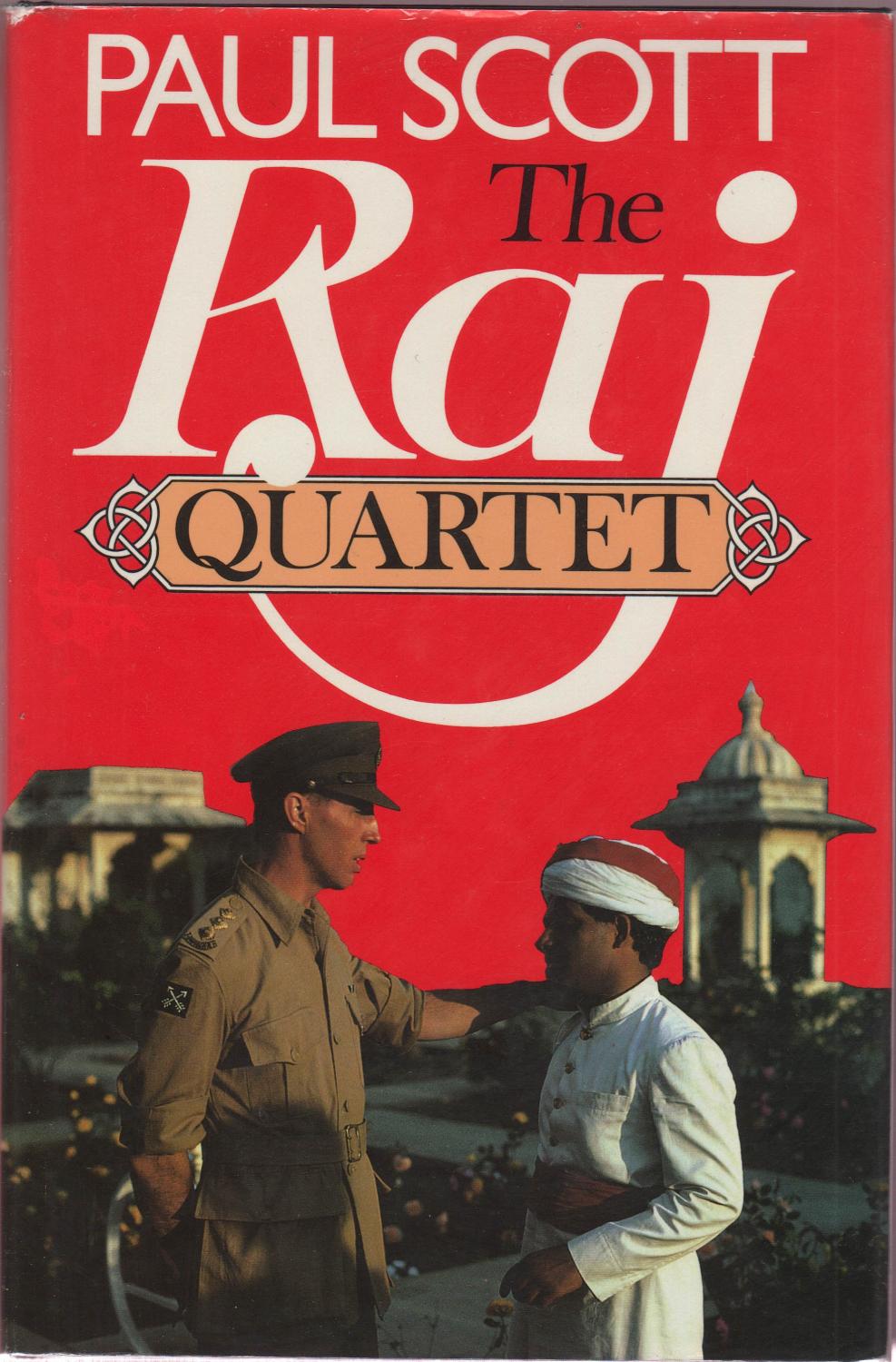

Indians get walk-ons, but remain, for the most part, bit-players in their own history." Conversely, Tariq Ali praised the books for providing a nuanced class analysis of the British in India and the Anglicized Indian upper classes who served the British during the Raj and later took control over the country after the independence and the partition. Salman Rushdie wrote, "The Quartet 's form, tells us, in effect, that the history of the end of the Raj was largely composed of the doings of the officer class and its wife. Ronald Merrick, a British police officer belonging to the Indian Police Service, is another main character. The main characters of the first novel are Daphne Manners, a young Englishwoman who has recently arrived in India, and her British-educated Indian paramour, Hari Kumar. Though some critics have thought the Quartet to be a straightforward example of nineteenth-century style realism, others have argued that its non-linear narrative style and occasional "outburst of dreams, hallucinations and spiritual revelations" give it an added dimension. Some critics have compared The Raj Quartet to the epic novels of Proust and Tolstoy. the British characters let themselves be "trapped by codes and principles, which were in part to keep their own fears and doubts at bay." Most of the major characters suffer difficulties, and some die, either because they try to follow codes which have become outmoded (Ahmed Kasim, Merrick, Teddie Bingham) or because they reject the codes and become outsiders (Kumar, Lady and Daphne Manners, Sarah Layton). Another theme is the treatment of Indians by Britons living in India. One recurrent theme is the moral certainty of the older generation as contrasted with the anomie of the younger. The Raj Quartet is set in this tumultuous background for the British soldiers and civilians stationed in India who have a duty to manage this part of the British Empire, known as the "jewel in the crown" of the British monarch. The year 1942 is also marked by Indian nationalist leader Mahatma Gandhi's call for the Quit India movement to the British rulers of India. Burma has fallen, and the Japanese invasion of the Indian subcontinent from the east appears imminent. World War II is at its zenith, and in South East Asia, the Allied forces have suffered great losses. The story of The Raj Quartet begins in 1942. The Times called it "one of the most important landmarks of post-war fiction." Plot The series was written during the period 1965–75. The Raj Quartet is a four-volume novel sequence, written by Paul Scott, about the concluding years of the British Raj in India.


 0 kommentar(er)
0 kommentar(er)
